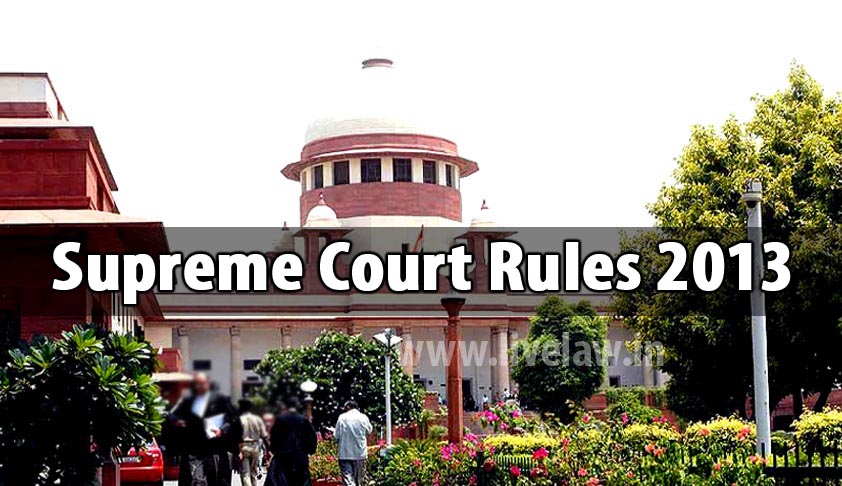- Home
- /
- Cover Story
- /
- Supreme Court Rules 2013: An...
Supreme Court Rules 2013: An insight into the changes
Apoorva Mandhani
24 July 2014 7:41 PM IST
Changes have been introduced into the rules according to which the apex court of the country functions. These have come by way of a gazette notification on the new regulations, to be called the Supreme Court Rules, 2013. The notification replaces the SC Rules, 1966.The maximum period for summer vacations has been reduced from ten weeks to seven weeks.A few duties of the Registrar have...
Next Story



